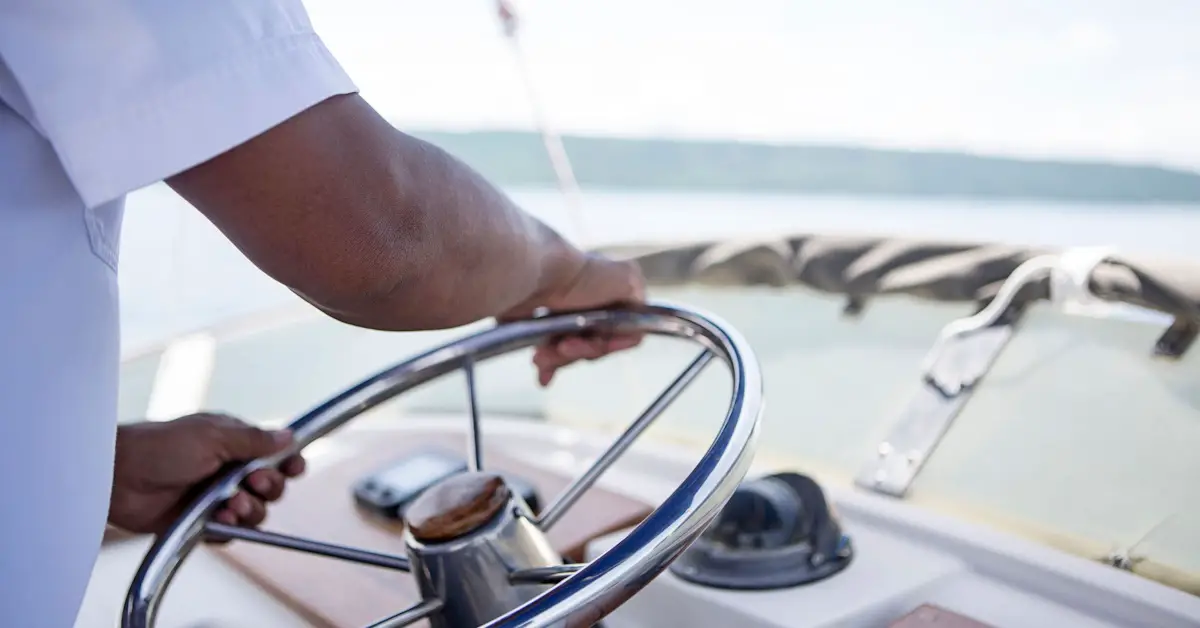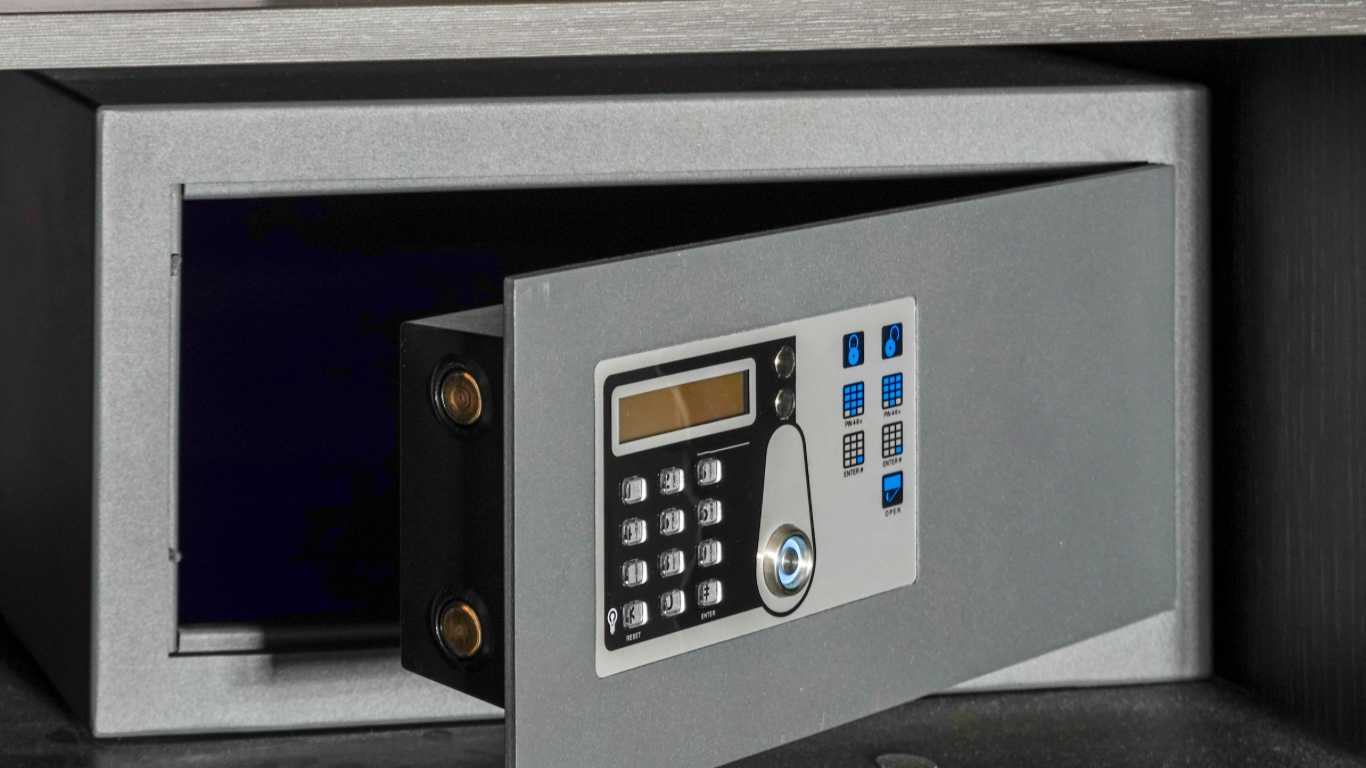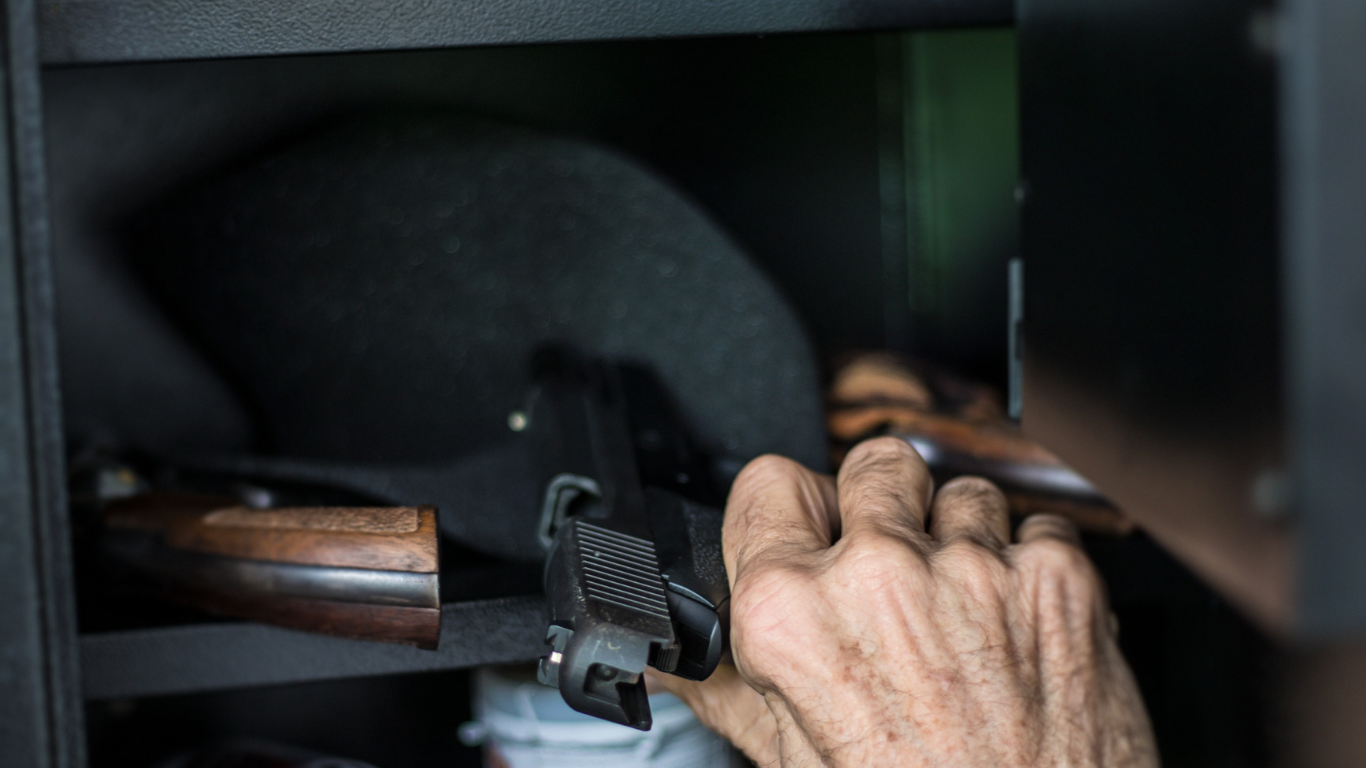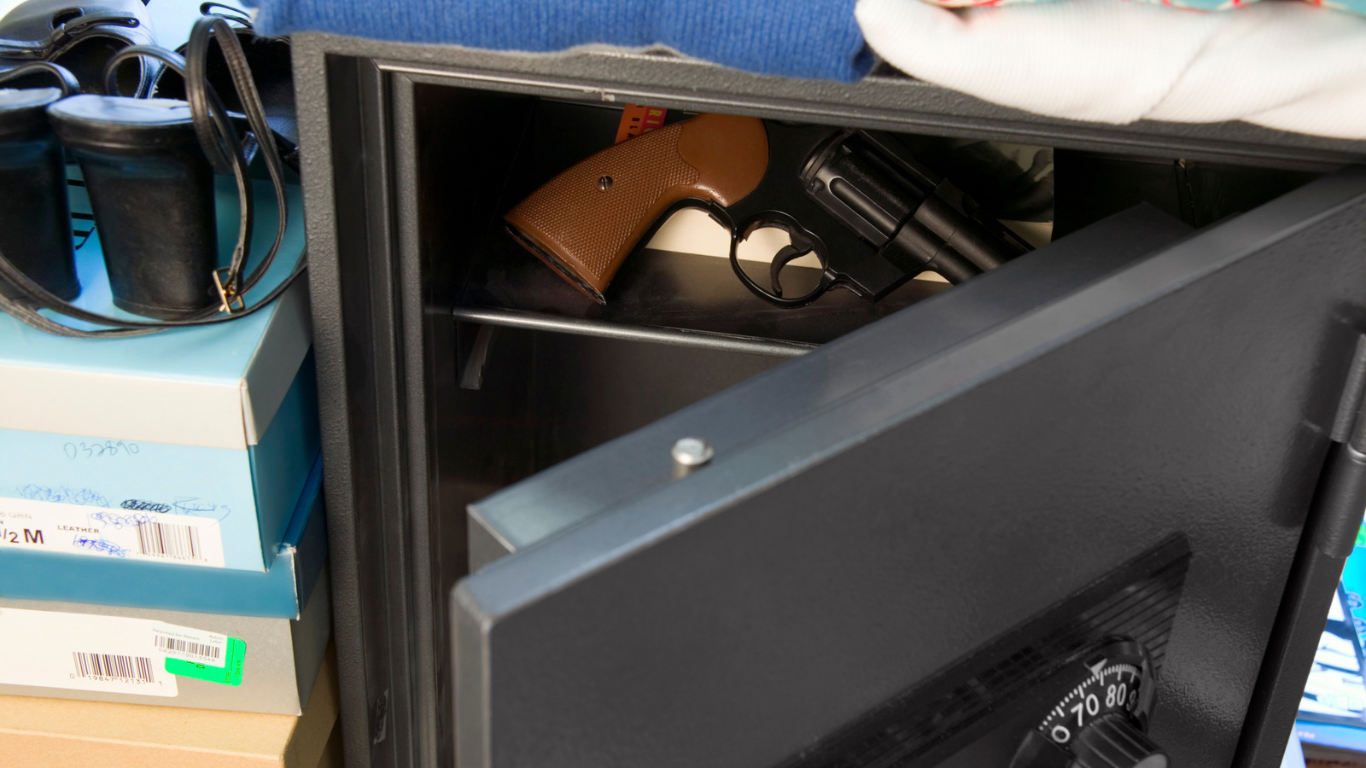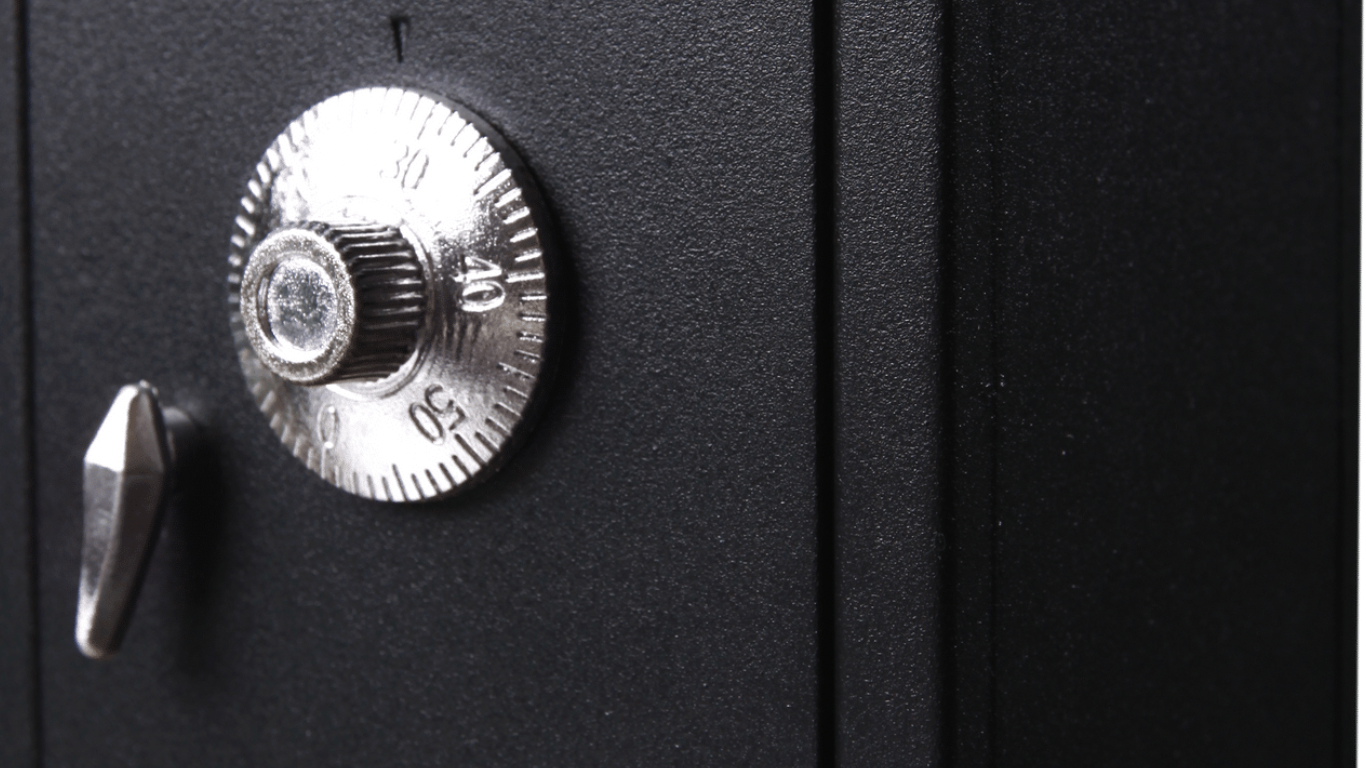The vast majority of gun owners in the United States are law-abiding citizens who take their rights and responsibilities seriously. However, if you’re also a boater, you need to be aware of some additional factors that come into play. The laws governing firearms on watercraft can be complex, and safety is always a primary concern. Whether you’re a seasoned boater or a new gun owner, this article will provide an overview of the issues and offer some practical tips for navigating the intersection of boating and gun ownership.
Legal Factors
The first thing to consider when bringing a firearm onto a boat is the legal implications. Depending on where you live and where you’re boating, there may be state and federal laws to follow. For example, some states prohibit guns on certain types of vessels, while others require permits for concealed carry. You’ll need to do your research and ensure that you’re complying with all applicable laws. Ignorance of the law is not a defense, so it’s important to educate yourself before you head out on the water.
Passenger Safety
Another factor to consider is the safety of your passengers and other boaters. Firearms can be dangerous, and accidents can happen if you’re not careful. Always keep your gun in a secure location when it’s not in use, such as a locked cabinet or safe. When you’re handling the weapon, observe all safety rules and ensure that nobody is in the line of fire. Additionally, be aware of the effects of wind, waves, and other conditions on your gun’s accuracy. It may be wise to practice shooting on land before attempting to do so on water.
Self-Defense
For those who choose to carry a firearm on their boat for self-defense, there are special considerations to keep in mind. First and foremost, you need to be confident in your ability to use the weapon effectively. If you’re not well-trained in firearms use and safety, it’s best to stick with other forms of self-defense. Additionally, you may need to take special precautions when transporting your weapon, such as using a locking case or ensuring that the gun cannot be accessed by unauthorized individuals. Be aware that the use of deadly force is a serious matter, and you could face legal consequences if you use your firearm improperly.
Practicality
In addition to the legal and safety considerations, there are some practical tips that can help you navigate the waters of gun ownership on a boat. For one thing, it’s a good idea to avoid openly displaying your weapon, as this can attract unwanted attention. Similarly, it’s best to avoid political discussions or debates about gun control when you’re out on the water, as this can lead to tension or even conflict. Remember that boating is supposed to be a fun and relaxing activity, and you don’t want to spoil it by getting into an argument.
Conclusion
If you’re a gun owner and a boater, there’s no reason why you can’t enjoy both activities safely and legally. By following the tips and guidelines discussed in this article, you can ensure that you’re complying with the law, keeping yourself and others safe, and having a good time on the water. Remember to always be responsible and respectful when handling your firearm, and to prioritize safety above all else. With a little bit of preparation and a lot of common sense, you can navigate the intersection of boating and gun ownership with confidence.
